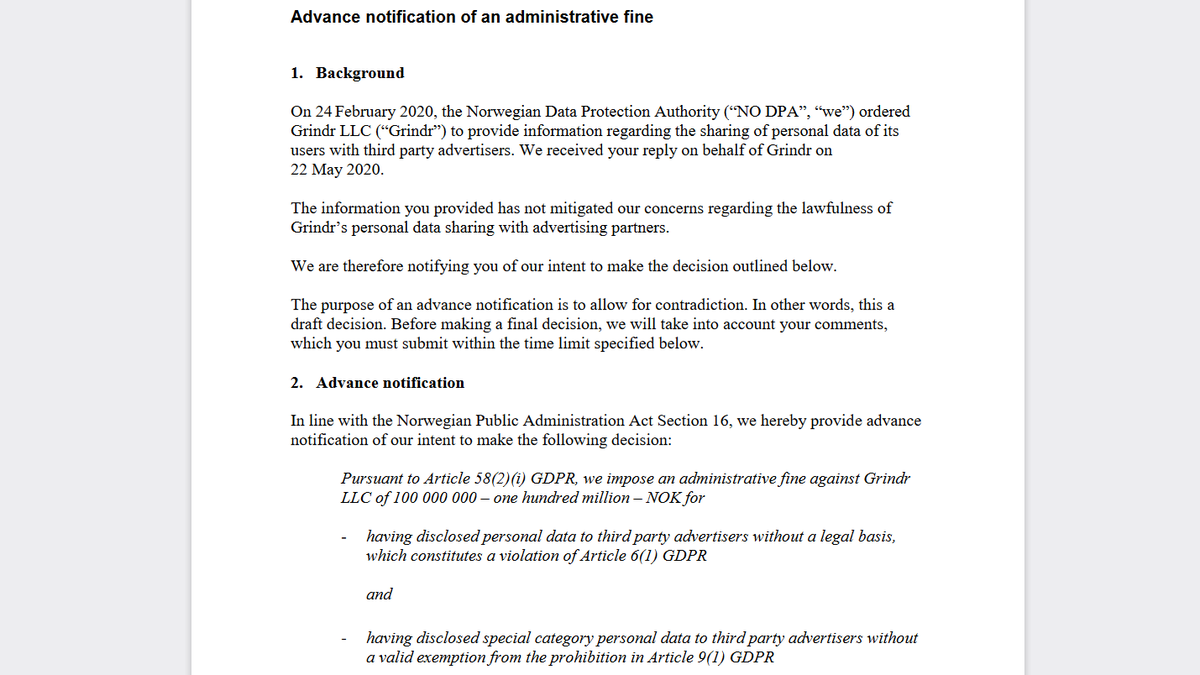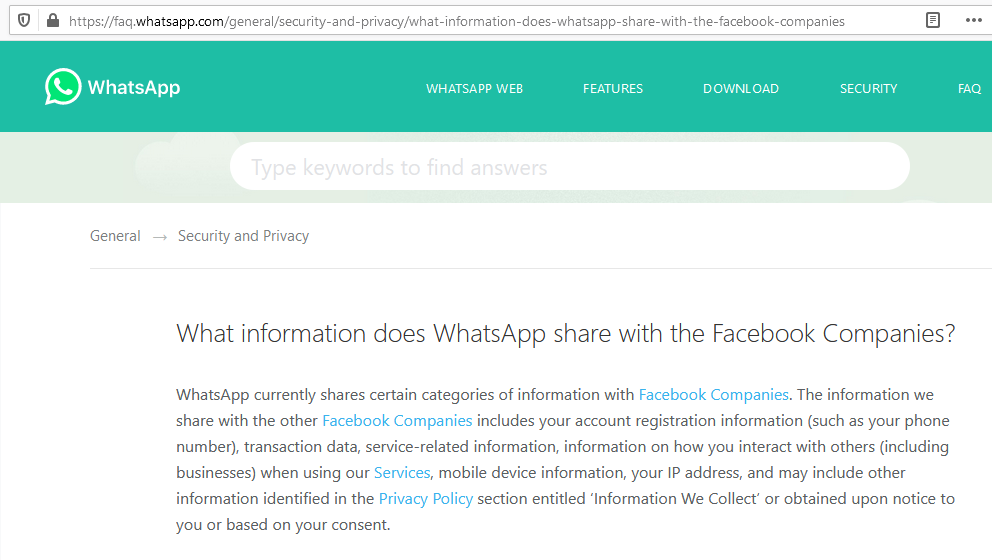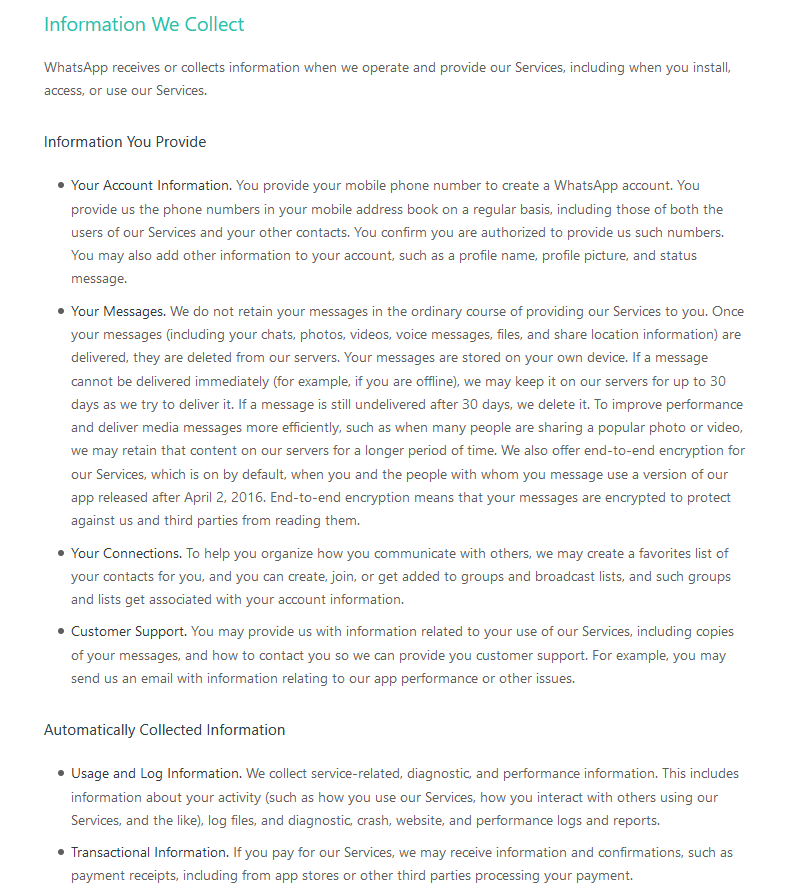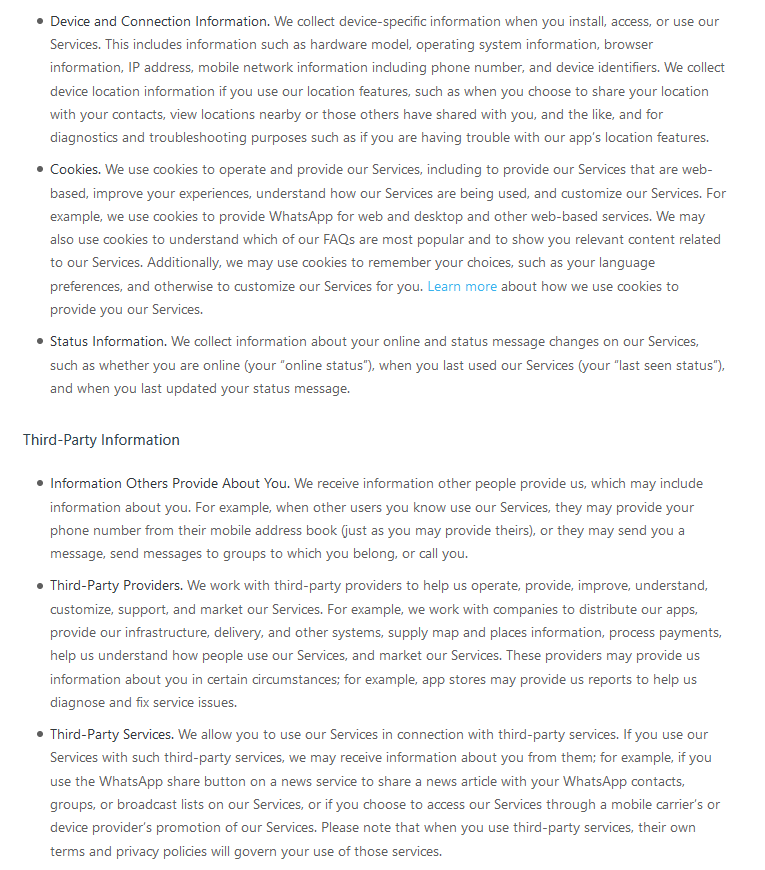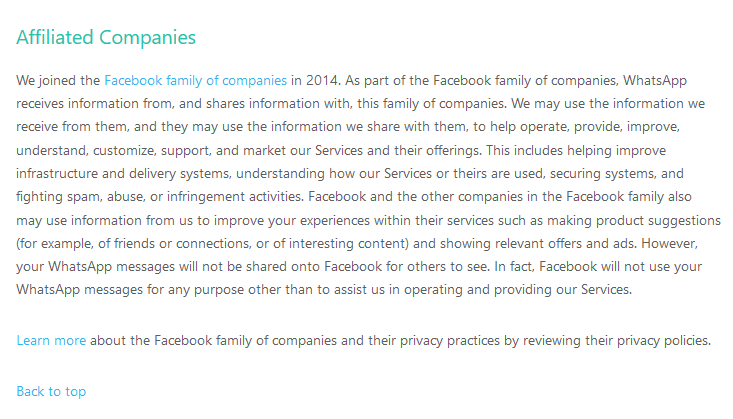
"The best employee monitoring software can look to improve productivity, improve security, or both"
I love this guide on worker monitoring software because it describes employer interests and purpose creep in such a blunt way. H/T @JeremiasPrassl
techradar.com/uk/best/best-e…
I love this guide on worker monitoring software because it describes employer interests and purpose creep in such a blunt way. H/T @JeremiasPrassl
techradar.com/uk/best/best-e…
"Monday.com is mostly though of as a project management tool, but it's worth pointing out that if you are tracking tasks and ... which jobs are being done by whom then you effectively have a basic form of employee monitoring"
"Reasons to buy: Attractive interface"
"Reasons to buy: Attractive interface"
"SentryPC is designed for a wide range of uses, from blocking access to websites to enhancing productivity and conducting investigations"
"Reasons to buy: Stealthy. Inexpensive"
"Reasons to avoid: Potential privacy issues"
"Reasons to buy: Stealthy. Inexpensive"
"Reasons to avoid: Potential privacy issues"
"iMonitorSoft ... is aimed at helping organizations improve employee productivity and protect corporate confidential information"
"The platform can monitor a host of activities" (from doc metadata to apps used to searches to keystrokes)
"Reasons to buy: All-in-one solution"
"The platform can monitor a host of activities" (from doc metadata to apps used to searches to keystrokes)
"Reasons to buy: All-in-one solution"
"InterGuard provides software that aims to record, alert, block, and act on user activity, in order to protect business data, maintain productivity, and ensure legal compliance for data and security protection"
"Reasons to buy: Online demo and tours"
(...not very convincing :p)
"Reasons to buy: Online demo and tours"
(...not very convincing :p)
"Work Examiner is broken down into three main purposes: web usage control, surveillance, and work time tracking"
"Reasons to buy: 30-day free trial"
(...come on, seems like the writers of the guide lost interest)
"Reasons to buy: 30-day free trial"
(...come on, seems like the writers of the guide lost interest)
• • •
Missing some Tweet in this thread? You can try to
force a refresh

